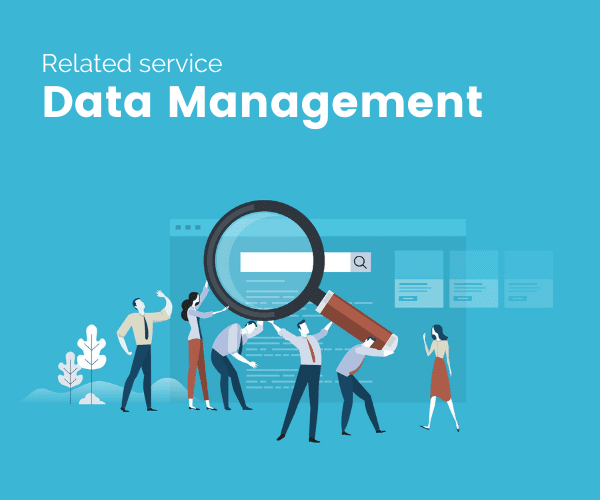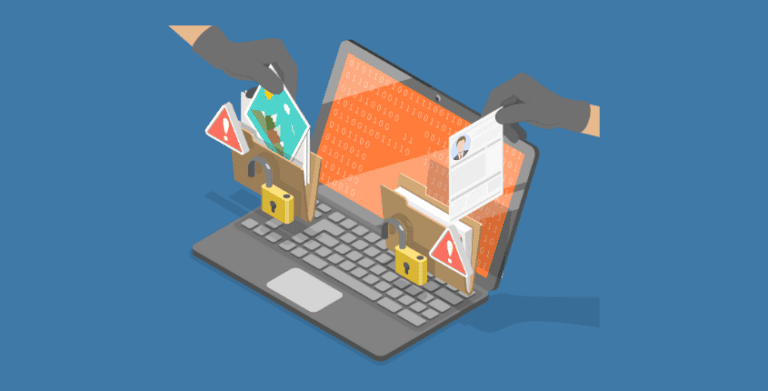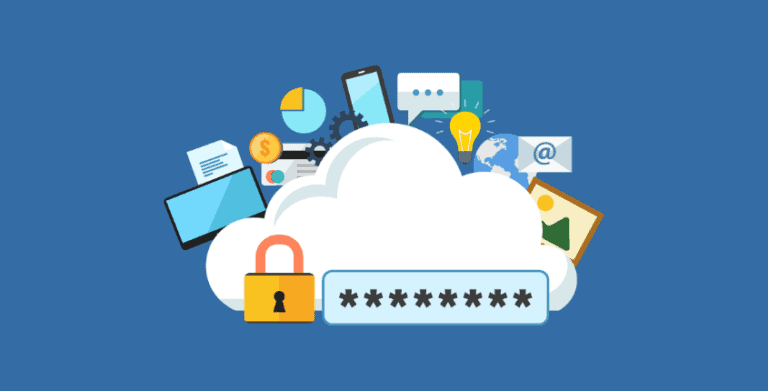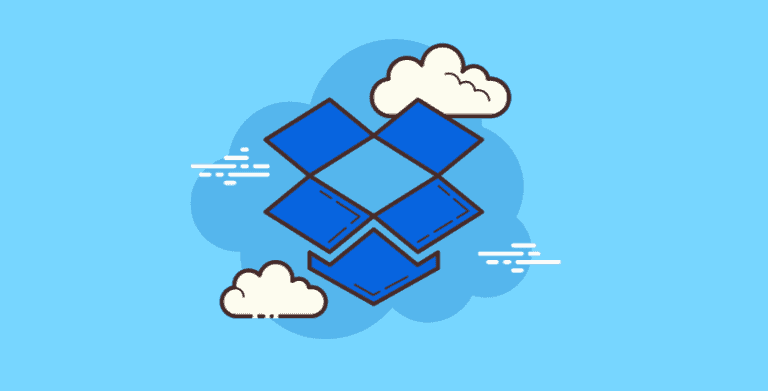How to Prevent Data Security Breaches
According to to the Privacy Rights Clearing House, over 900 MILLION records have been compromised in 7,283 public data security breaches since 2005. While that number may seem HUGE, it’s actually a gross underestimation, because that figure does not include private security breaches.
When big businesses have a major data security breach, it makes the news. Consumers are warned to change their passwords.
When small businesses have a major data security breach, most will go out of business!
(PWC reports 70% of small businesses have closed after a breach) That’s largely because most small businesses don’t have a data security strategy in place.
How can you prevent data security breaches?
Understand how data security breaches happen and what you can do to avoid them happening to your small business.
1. Accidental Disclosure
An otherwise good employee may inadvertently post sensitive data to a social media site or in an email by accident. They may not realize that:
- Data can be easily extracted from QR codes or bar codes
- Sensitive information can be easily revealed in a different Excel tab or a hidden field
- The email thread has sensitive information below it
- They need someone’s permission to post (pictures of clients or client names)
Fix: Clearly mark sensitive/confidential documents. Create policies about social media sharing.
2. Hacking and Malware
Today’s criminals don’t need guns. They use software to gain access to your computers and servers.
Fix: Invest in firewalls, anti-virus software, encryption software and keep these programs up to date. Since software isn’t 100% failproof, train employees to be vigilant, and not to open suspicious emails. Don’t allow guests to bring in unsecured software or hardware.
3. Malicious Employees
Disgruntled, desperate and dishonest employees may steal information from you.
FIX: Conduct background checks on new employees and contractors. And include off-boarding procedures to include your sensitive data. Don’t leave sensitive information laying around. Locking up information is the best way to keep people honest.
4. Lost, discarded or stolen paper documents
Old school paper-based theft still exists. Criminals may dig through your garbage to find useful information.
FIX: Shred your documents. If you have too much paper to shred, hire a service like Iron Mountain to do it for you.
5. Lost, discarded or stolen electronics
Flash drives, smart phones, CDs and computers often contain sensitive information.
FIX: Protect your laptops and mobile devices and be careful where you use them. VPN software can provide more security than a public WIFI. Keep information encrypted with secure, changing passwords. Before you discard hardware, wipe it clean.
A reputable IT Services company can make sure you have adequate data security measures in place, that your firewall and backups have been tested, and that you have the proper IT policies and procedures in place. Preventing a problem is WAY less expensive than fixing one.
Don’t wait until it’s too late – give us a call today – 586.263.1775.
Frequently Asked Questions
What is the most common cause for data loss?
The most common cause of data loss is hardware failure – make sure you’re always backing up your hardware! Other causes include; human error, software corruption, theft, and viruses.
What happens when I have a data breach?
A data breach puts ALL of your personal and financial records at risk. This makes you vulnerable to identify theft, compromises customer data, compromises employee data, loss or risk of intellectual data, and virus attacks.
How serious are data security breaches?
Data security breaches in your hardware will always be serious. It can lead to destruction, alteration, loss, or access to all personal data. Assessing the problem ASAP and probably involving IT will lessen the blow.









